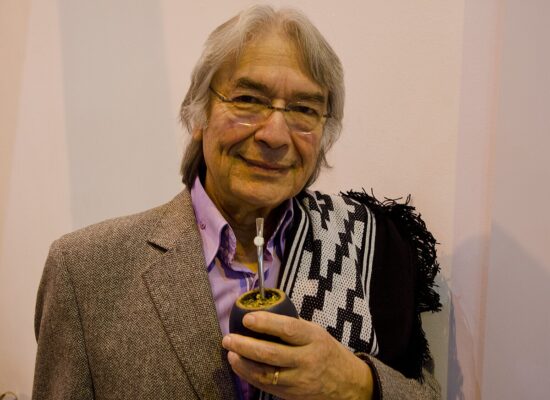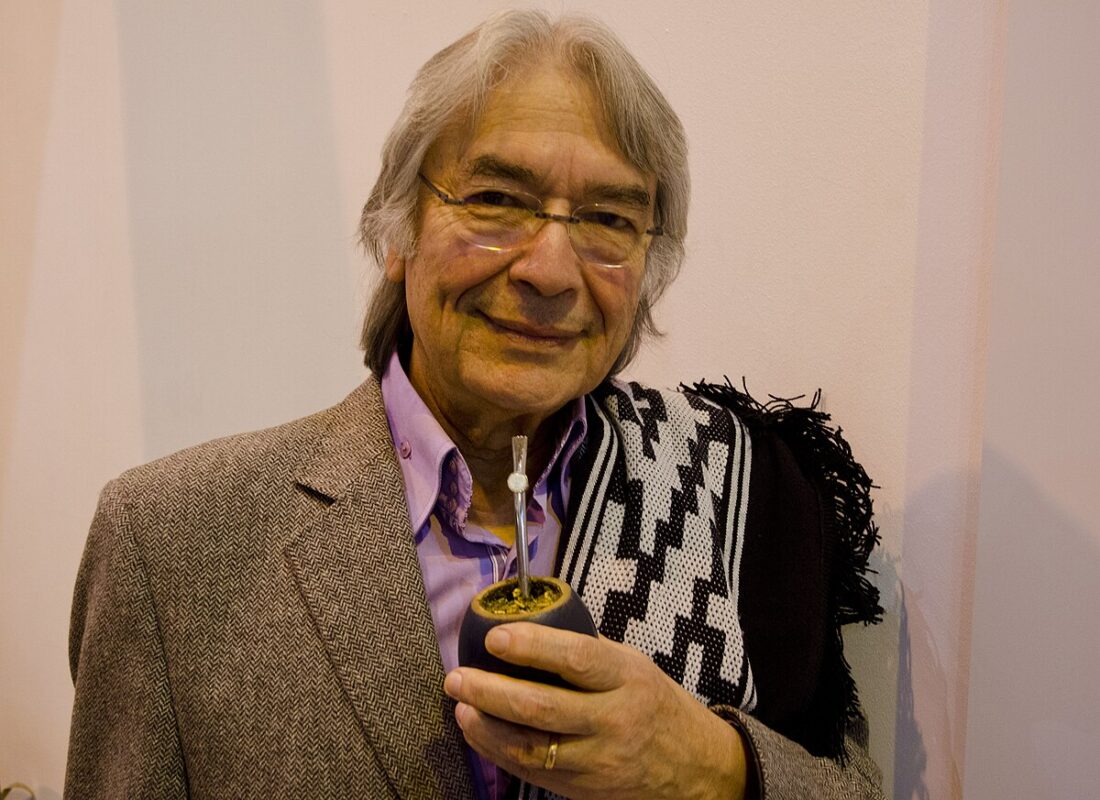Raúl Barboza, born on June 22, 1938, in Buenos Aires, Argentina, is a renowned Argentine accordionist and composer, best known for his mastery of chamamé and other music styles of the Litoral region.
Early Life and Musical Beginnings:
Born into a family of Guaraní descent, Barboza’s musical journey began at the young age of seven when he received his first accordion. By nine, his exceptional talent earned him the nickname “Raulito, el Mago” (Raulito, the Magician). In 1950, at the age of 12, he recorded his debut album with the group “Irupé,” marking the start of a prolific career.
Musical Career:
Throughout the 1950s and 1960s, Barboza established himself as a leading figure in Argentine folklore music. He formed his own group, toured extensively across Argentina, and collaborated with prominent artists like Ariel Ramírez on the soundtrack of the film “Los inundados” and the iconic “Misa Criolla.”
International Recognition:
In 1987, Barboza relocated to France, becoming a pivotal figure in introducing chamamé and Litoral music to a global audience. His 1993 self-titled album, released in France, garnered critical acclaim and prestigious awards like the Grand Prix Charles Cros, Diapason d’Or, and Choc du Monde de la Musique.

Raúl Barboza en concierto en el Salón del Libro de París 2014.
Fotos: Augusto Starita / Secretaría de Cultura de la Presidencia de la Nación
Continued Success and Accolades:
Barboza continued to captivate audiences worldwide with his virtuosity and passion for his music. He performed at renowned festivals like the Reading Womad Festival in London and the Festival de Cosquín in Argentina. Throughout his career, he received numerous accolades, including the “Chevalier de l’Ordre des Arts et des Lettres” from the French government and multiple Konex Awards in Argentina.
Barboza’s Legacy:
Raúl Barboza is widely celebrated as a musical ambassador of Argentina, particularly for chamamé and Litoral music. His technical brilliance, emotive playing, and dedication to preserving his musical heritage have earned him the respect and admiration of musicians and audiences worldwide. He continues to inspire younger generations of artists and remains a living legend in the world of Argentine folklore.
Further Information:
Here are some additional resources you may find helpful:
- Wikipedia article on Raúl Barboza: https://de.wikipedia.org/wiki/Ra%C3%BAl_Barboza
- CMTV biography of Raúl Barboza: https://pt.wikipedia.org/wiki/Raul_Barbosa
- Official website of Raúl Barboza: https://www.facebook.com/raulbarbozaok/?locale=es_LA
I hope this comprehensive information provides a deeper understanding of Raúl Barboza’s remarkable life and legacy. Please let me know if you have any further questions.

